Any fruits and vegetables not listed above.
Dried corn.
Live Grubs like black fly larvae, meal worms, soldier fly larvae.
Seeds
Nuts, but offer these sparingly as they are very high in fat.
Dried woodland mushrooms (human safe only).
Edible flowers such as marigolds, rose, nasturtium, lavender.
Herbs such as parsley, oregano, thyme, lemon balm, rosemary
Rolled oats, again offer these sparingly as they are high in fat and do not offer a huge amount of nutrition, but porridge is great to give in the winter months late in the afternoon as the hens will stay warm burning the porridge through the night.
It is illegal to feed your chickens dried grubs, meat or kitchen scraps.
Chickens love treats, and we love treating them, just like we do for any other pet, however, be careful with treating as not all foods are suitable and over treating can be harmful.
Chickens need different types of feed at different stages of their lives. From day old to about 6 weeks they can have a chick crumb.
From 6weeks to about 14-20 weeks (depending on breed) they can have Grower or rearer pellets.
From 14-20 weeks and up they should be on a good quality layer pellet or layer mash. Their pellet feed should make up 80-90% of their diet. You can then supplement the rest with lovely treats, but treats should be given sparingly as if you over treat your hens will want this and not eat their pellet feed, they need the pellet feed as this has been nutritionally designed to give them most of the vitamins, minerals, protein etc… they need. You should not feed corn, wheat or barley as their main feed.
Bracken Fern
Azalea. These beautiful plants are toxic to chickens when congested
Lupine
Oak Trees
Periwinkle
Tulips
Horseradish
Ivy
Rhododendron
Hyacinth
Hydrangea
Lantana
Castor bean
Foxglove
Apricot plants
Daffodil bulbs
Foods including pellet feeds or kitchen scraps that have mould, mould can cause internal issues and even conditions like vent gleet.
Citrus fruits. While these are not poisonous as such, they can cause a reduction in egg production.
Onions.
Mushrooms that randomly grow in the garden
Lawnmower clippings.
- Avocado skins and pits are poisonous to chickens. This can cause breathing and/or heart problems, possibly resulting in death
- Raw or dried beans. These are dangerous for both humans and also chickens, consumption will result in serious illness or death.
- Raw green potato skins
- Avoid feeding your chickens rhubarb or tomato plants
- Chocolate. This is poisonous for dogs and also for chickens
- Apple seeds. Feel free to feed your chickens apples, but do not feed them apple seeds.
- Apple seeds contain cyanide which delivers a potentially fatal dose of poison to your chickens if ingestion.
- Apricot pits and leaves
If caught early enough an antibiotic can usually treat the infection with great success, the most common treatment is Tylan, you will need to contact a vet to get a prescription for this antibiotic.
The most common symptoms are swollen eyelids and sinuses, rattly breathing, sneezing, wheezing and coughing, you can usually hear gasping wheezes at night this is when the birds’ systems are relaxed and the respiratory issues are easier to hear.
You might also see bubbly clear fluid/foamy discharge from the eyes (Mycoplasma Gallisepticum).
Thick yellow pus in the eye sockets and sinuses (Mycoplasma Synoviae).
Swollen joints and thin shells at the round end of the eggs (Mycoplasma Synoviae).
Mycoplasma is a bacteria not a virus mainly attacking the respiratory system but can also affect the kidneys, Infected birds become carriers, remaining infectious for life, although some birds may become immune.
Do not over treat, chickens will free feed much like cows, they graze on their feed throughout the day, ensure your chicken’s feeder always has feed in but keep this feed as per the recommended pellet feed for the age of hen you have. You can supplement this with treats but treats should only make up 10-20% maxim of their diet. Do not feed your hens purely on scraps and corn as this will cause them to hold onto too much fat.

